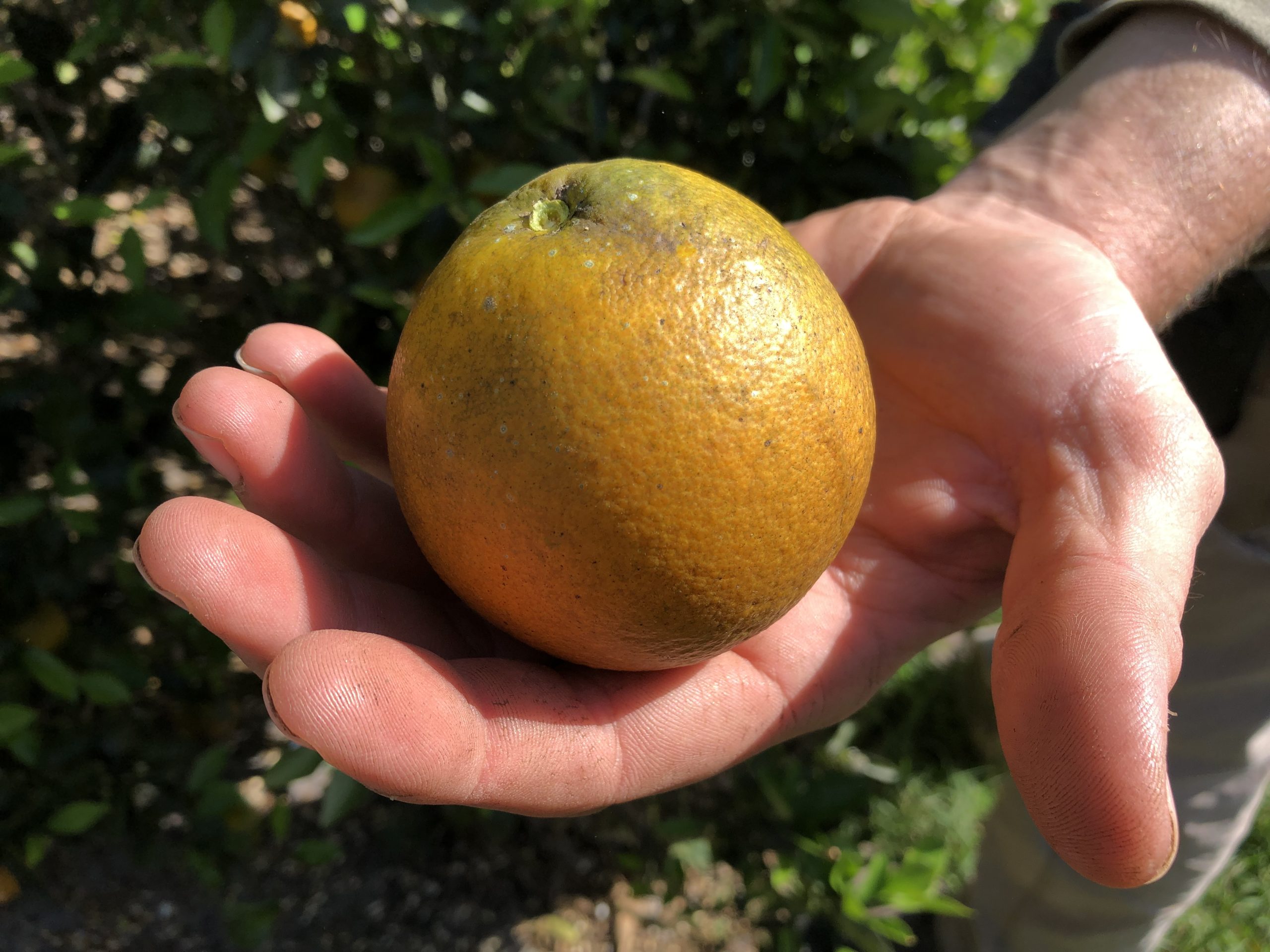Orange peels may hold a key to better cardiovascular health, new University of Florida-led research shows. Let’s learn more about how orange peel extract may even improve heart health.
Heart disease is the leading cause of death for men, women and people of most racial and ethnic groups, according to the Centers for Disease Control and Prevention.
Recent research has shown that some gut bacteria help develop cardiovascular disease. When they feed on certain nutrients during digestion, gut bacteria produce trimethylamine N-oxide (TMAO). Levels of TMAO can help predict future cardiovascular disease, according to researchers at the Cleveland Clinic.
With help from a $500,000 USDA grant, Yu Wang and her team investigated the potential of orange peel extracts — rich in beneficial phytochemicals — to reduce TMAO and trimethylamine (TMA) production. Scientists tested two types of extracts: a polar fraction and a non-polar fraction.
To get the polar fractions, scientists used polar and non-polar solvents to extract the orange peel, Wang said.
Related: Smartphones as Medical Devices — The Future of Healthcare?
“If you imagine your salad dressing, anything in the water or vinegar part are the polar fraction; anything in the oil away from water is the non-polar fraction,” Wang said. “The solvents we used were not exactly like water and oil, but they possess similar polarity.”
Results from the study showed that the orange peel non-polar fraction extract effectively inhibited the production of harmful chemicals. Researchers also identified a compound called feruloylputrescine in the orange peel polar fraction extract that also significantly inhibits the enzyme responsible for TMA production.
“This is a novel finding that highlights the previously unrecognized health potential of feruloylputrescine in reducing the risk of cardiovascular disease,” said Wang, a UF/IFAS associate professor of food science and human nutrition.
The orange peel finding is significant because 5 million tons of orange peels are produced each year in orange juice production nationwide. Nearly 95% of Florida oranges are used for juice. About half of the peels go to feed cattle. The rest goes to waste.
But the Food and Drug Administration considers natural orange peel extracts safe for human consumption. So, Wang hope to put the peels to better use.
“These findings suggest that orange peels, often discarded as waste in the citrus industry, can be repurposed into valuable health-promoting ingredients, such as diet supplements or food ingredients,” said Wang, a faculty member at the UF/IFAS Citrus Research and Education Center. “Our research paves the way for developing functional foods enriched with these bioactive compounds, providing new therapeutic strategies for heart health.”




























